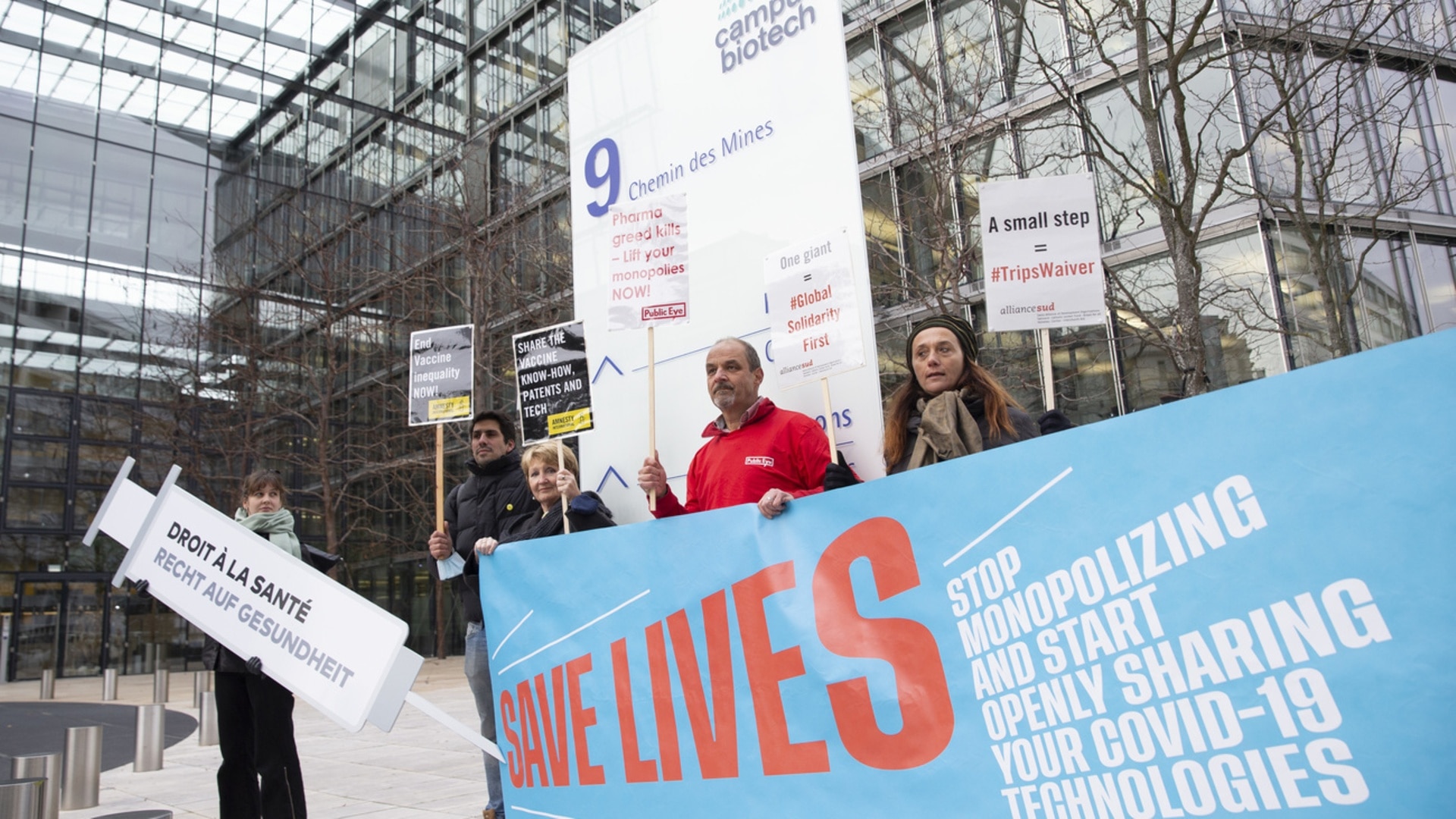ELife Won't Get an Impact Factor, Says Clarivate
Clarivate has decided to continue indexing some content from eLife in Web of Science.

Send us a link
Clarivate has decided to continue indexing some content from eLife in Web of Science.

There remain misconceptions and blindspots in the debate around diamond open access publishing. A realistic assessment of the sustainability this approach needs an agnostic assessment of its total costs and viability as a business model.
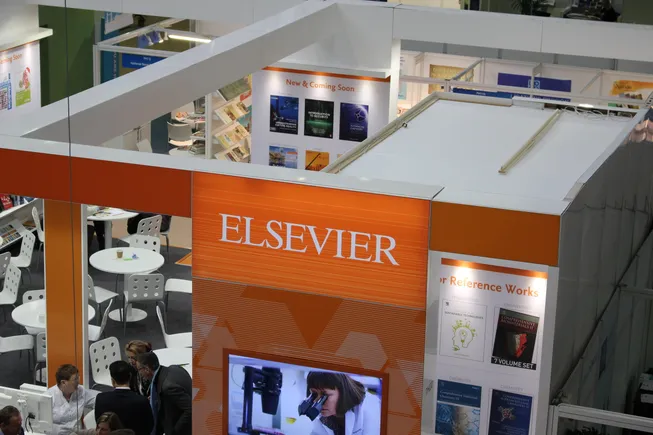
Journals that do not charge authors or readers struggle with staffing and budgeting, study finds
Authors are increasingly paying to publish their papers open access. But is it fair or sustainable?

EU-funded Diamas project wants to raise awareness of benefits of scholarly publishing model
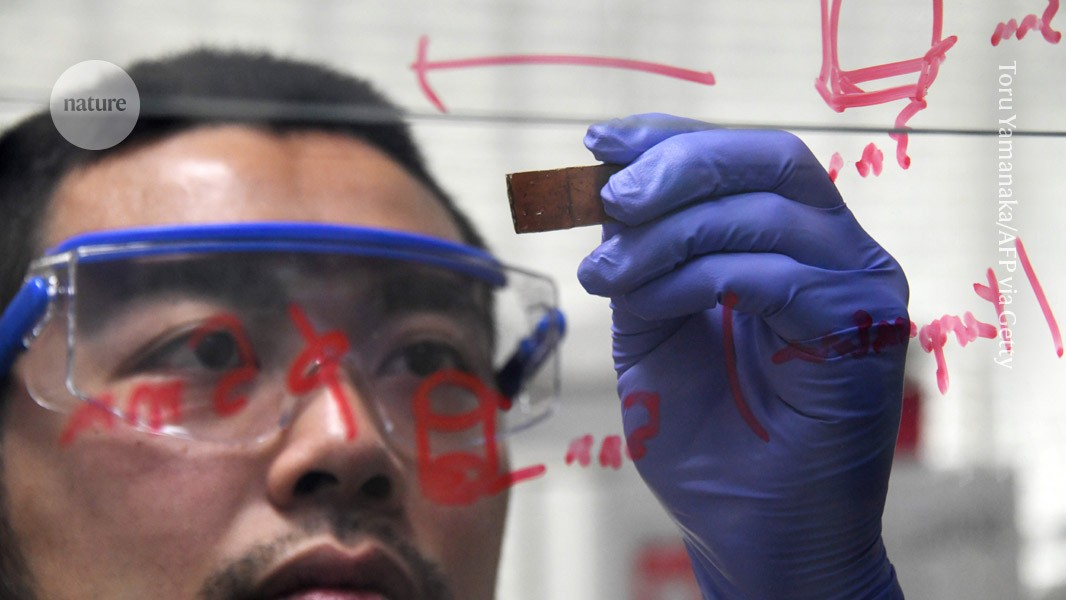
The Bill and Melinda Gates Foundation has adopted a policy on open-access publishing that the funder group Coalition S says “anticipates” its own planned change of direction.
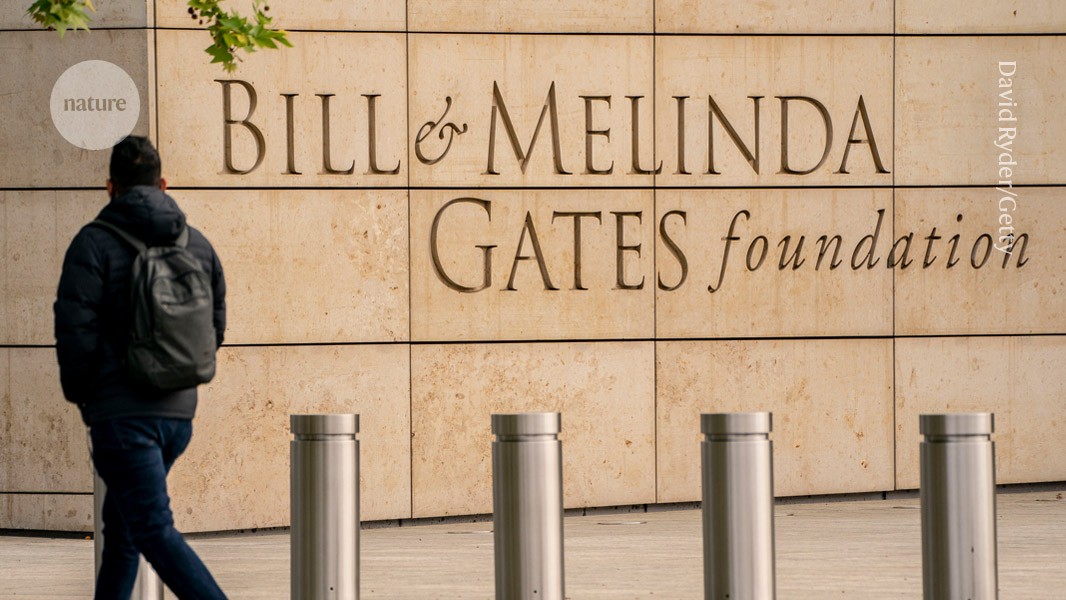
CERN and the not-for-profit organization OAPEN Foundation are happy to announce a further expansion of their collaboration to jointly promote open access to books.

The rising cost of academic publishing is causing consternation across the research ecosystem and prompting calls in Europe for a transition to not-for-profit publishing models.

The goal of open access is to allow more people to read and use research outputs. An observed association between highly cited research outputs and open access has been claimed as evidence of increased usage of the research, but this remains controversial.



Europe’s open access advocates set out a vision for system-level reform to make scientific publishing faster, more open and scholar-led.
It is vital that scientists engage in discussions about open access because publishing is rapidly changing, and at the moment, there are no certain outcomes in the long run.
Five years after launching, the Plan S open-access initiative must retain its founding principles.


Kaitlin Thaney argues the current momentum building for “no pays” academic publishing models and establishing the “reasonable costs” of publication, present opportunities to rebalance the inequities, costs, and power dynamics initially bred by the push towards Open Access “at any cost” over the past two decades.


EU ministers have called for a ‘no pay’ academic-publishing model that bears no cost to readers or authors. Some academics have welcomed the proposed plans - but publishing industry representatives warn they are unrealistic.

Sweden kicked off a five-month push to deepen EU cooperation on research infrastructures and open data sharing, at an informal meeting of research ministers in Stockholm on Wednesday. The six-month Swedish presidency of the EU isn't introducing new topics to the table but homing in on two that have been discussed for years: research infrastructures and open science publishing.
Emerging software helps funding agencies and scientists to ensure that research follows the rules.
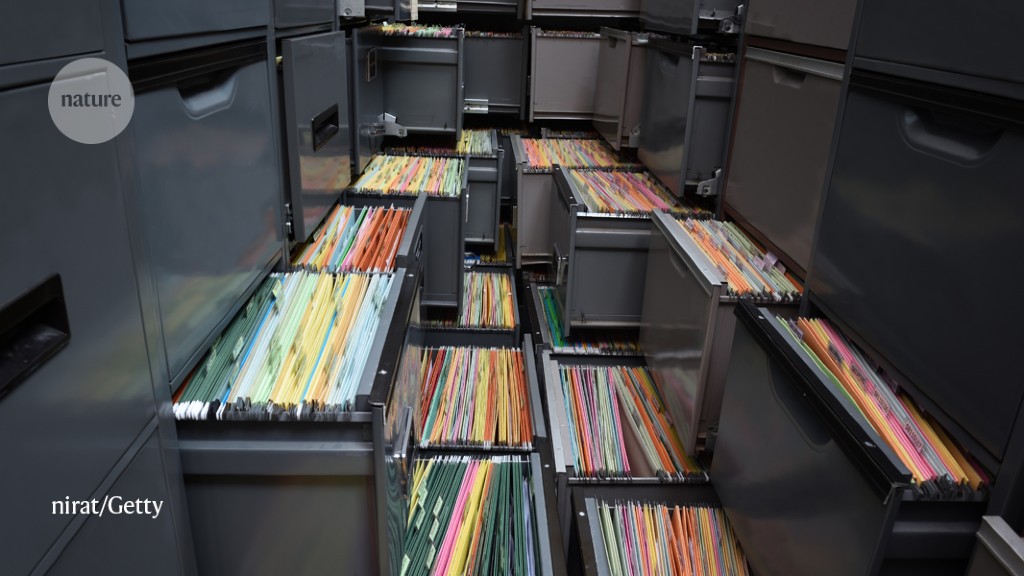
This study tested if paying to publish open access in a subscriptionbased journal benefited authors by conferring more citations relative to closed access articles and found that paying for access does confer a citation advantage.
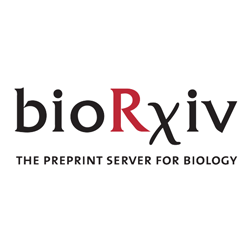
Switzerland and other rich countries want to maintain privileged access to vaccines and life-saving treatments - putting global public health at risk.
